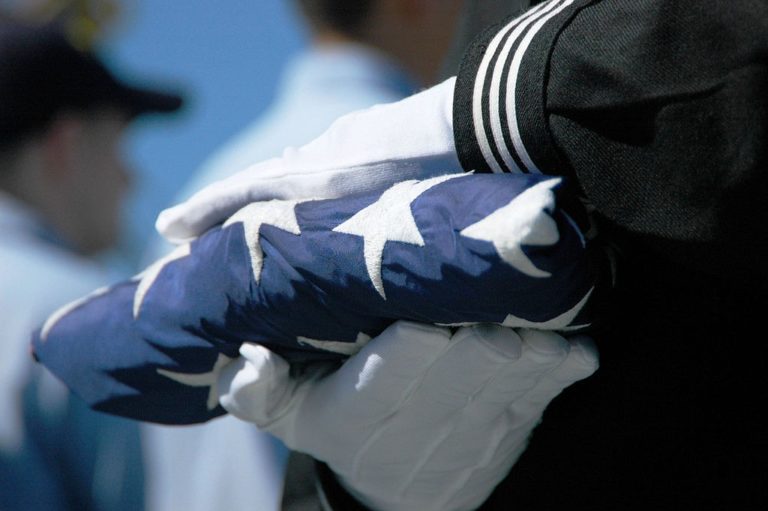What Is VA Survivors Pension?

Survivors Pension, also often called Death Pension, is a VA benefit available to a low-income, un-remarried surviving spouse or unmarried child of a deceased veteran. This benefit is tax-free and only available if the deceased veteran had wartime service.
What Are Eligible Wartime Periods?
According to the VA, eligible wartime periods include:
- Mexican Border Period (May 6, 1916 – April 5, 1917)
- World War I (April 6, 1917 – November 11, 1918)
- World War II (December 7, 1941 – December 31, 1946)
- Korean conflict (June 17, 1950 – January 31, 1955)
- Vietnam era (February 28, 1961 – May 7, 1975 for veterans who served in the Republic of Vietnam during that period, otherwise August 5, 1964 – May 7, 1975)
- Gulf War (August 2, 1990 – through a future date to be set by law or Presidential Proclamation)
Who is Eligible for Survivors Pension?
In order for their survivors to be eligible for survivors pension, the veteran must meet the following requirements according to the VA’s website:
- For service on or before September 7, 1980, the veteran must have served at least 90 days of active military service, with at least one day during a war time period.
- For active duty after September 7, 1980, the veteran must have served at least 24 months or the full period for which they were called or ordered to active duty, with at least one day during a war time period.
- Received a discharge under other than dishonorable conditions.
Surviving spouses must be un-remarried in order to be eligible, but can be of any age.
A child of a deceased veteran must meet the following criteria in order to be eligible:
- Under 18 years of age; OR
- Under age 23 if attending a VA-approved school; OR
- Permanently incapable of self-support due to a disability before age 18.
A child must also be unmarried in order to receive this benefit.
What Is the Income Requirement?
Survivors Pension is meant for low-income survivors of a deceased veteran, so survivors must meet an income limit in order to be eligible. A survivor’s yearly family income must be less than the amount set by Congress. If you are eligible for survivor’s pension, the amount of benefit will be the difference between your countable income and the annual pension limit.
Countable income includes earnings, disability and retirement (such as Social Security), interest and dividends, and net income from a business. Some expenses such as unreimbursed medical expenses can be deducted from your countable income.
Unreimbursed medical expenses are those medical expenses that are not covered by your insurance. For instance, if you spent $10,000 on medical expenses over the course of a year, and your medical insurance only covered $6,000 of that, your unreimbursed medical expenses would be $4,000.
Countable income is different from net worth. Net worth includes assets such as your bank account, any stocks, bonds or mutual funds, and any properties you own. The VA will ask for your net worth on the application so they can determine whether your assets are sufficient that you could live off them for a long period of time.
If you are eligible for survivors pension, the VA will pay you the difference between your countable income and the annual pension limit set by Congress. As of 2013, the pension limit for a single spouse with dependent children is $8,485.
How To Apply
Survivors can apply for Survivors Pension by filling out the VA Form 21P-534EZ, “Application for DIC, Death Pension, and/or Accrued Benefits.” The application should be mailed to the Pension Management Center. There are four Pension Management Centers in the United States, you can click here to find out which one serves your state.
About the Author
Share this Post
